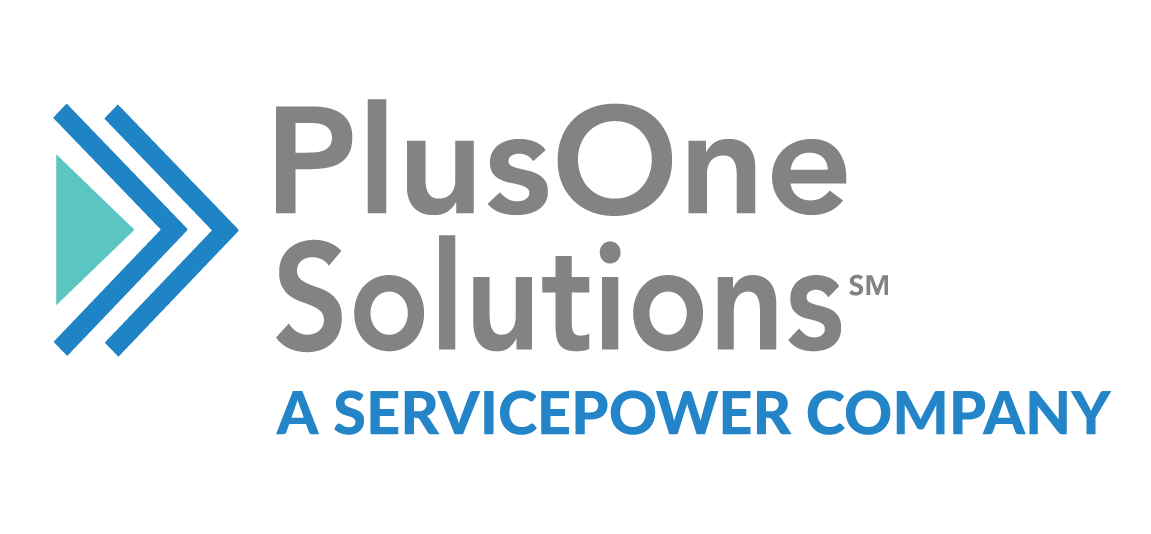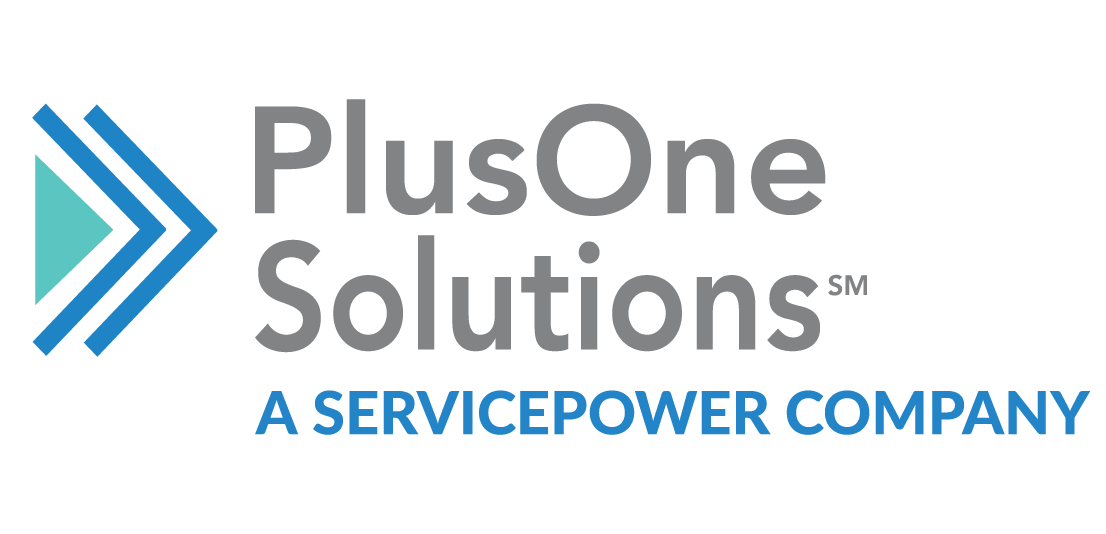Understanding the Vitality of COIs
The Certificate of Insurance (COI) is a documentation gem for organizations. It serves as a validation of the insurance coverage that various stakeholders possess. For any enterprise, the COI acts as a safety net. It ensures that necessary financial recourse is available in the event of an unforeseen circumstance—be it property damage, third-party injury, or any litigious scenario.
Understanding COIs is more than just a legal formality; it is a strategic play in managing risk. The mere presence of a COI, although comforting, is insufficient. The document must be comprehensive, valid, and aligned with the specifics of your enterprise risks. It is the bridge between your vendor’s or contractor’s insurance and potential hurdles, preemptively preparing for any worst-case scenarios.
The Anatomy of the COI
A quintessential COI will encapsulate critical insurance details: the policyholder’s name, policy type (from general liability to workers’ compensation), effective and expiration dates, the policy’s coverage limits, and any special endorsements or exclusions. It is common for the certificate to bear clauses that could significantly impact risk transfer, such as whether the coverage is primary, any indemnification clauses, and waiver of subrogation.
Adding the contracting organization as an ‘Additional Insured’ goes a long way in strengthening the protective veil. This signifies that your organization, too, can directly claim under the contractor’s liability policy—a feat paralleled only by a few in the complexity of corporate insurance.
Proactive COI Management
Collecting COIs should be institutionalized as a pre-operational step. For maximum efficiency, digitally obtained and stored COIs are far easier to manage and retrieve. Aligning the COI collection process with onboarding or pre-contractual agreements is a solid approach. This demonstration of anticipation and vigilance sets the tone for compliance and maintains preparedness against any sudden risks.
While reviewing COIs, ensure that the names and details match the contractual specifications, the policy and its limits are in excess of the contract’s requirements (if acceptable), the policy period aligns with the contracted dates, and any necessary endorsements are in place. Rigorous and structured record-keeping, including expired COIs, is pivotal, particularly when claims emerge post-contractual delivery.
Leveraging Expertise or In-House Management?
COI management isn’t your quintessential in-house logistical task. The process demands an intricate understanding of insurance nuances and policy language. Errors in management can stretch the organization’s risk beyond manageable bounds. This is why outsourcing COI management could be the strategic pivot your business needs. External experts, well-versed in navigating COI mazes, ensure your enterprise stays immune to legal oversights and potential uninsurability downfalls. They offer a cost-effective solution to an otherwise exhaustive and tumultuous in-house management proposition.
Alternatively, maintaining an internal team well-equipped with the skills to address COI intricacies could also parallel the services of an external party. This, however, necessitates an investment in training and ongoing education to modernize risk management practices within your enterprise.
Cultivating a Risk-Ready Culture
At the vertex of COI best practices lies the organizational culture, where risk mitigation is not treated as a reactive post-claim procedure but as a proactive, collective endeavor. Encouraging cross-departmental collaboration ensures that COI procedures are comprehensive and aligned with all pertinent contracts and agreements. Regular drills, table-tops, and seminars can acclimate staff to revert to these practices instinctually.
Cultivate a mindset where the COI is not just a piece of paper handed in and shelved, but a strategic instrument in orchestrating mission-critical tasks and, more importantly, underwriting the facilitation of risk-free, satisfactory business outcomes.
Benchmarking and Continuous Improvement
COI best practices are a perennial work-in-progress symphony. Industry benchmarks and best-in-class standards should be the lodestars guiding your organization toward operational excellence. Instituting a feedback loop can drive the evolution and enhancement of your COI protocols. Periodic reviews, stakeholder consultations, and benchmarking exercises are crucial to ensuring your COI practices shine brighter than the rest.
Continuous improvement leverages the COI as a source of competitive advantage—an emblem of integrity, reliability, and, ultimately, a definitive safeguard amidst the turbulent waters of business risks.
Consider Using a Trusted Partner with PlusOne Screenings Solutions
Managing COIs is not simply a paper process that should be considered a formality. If there is any incorrect, or missing information on the COI, the risk to the organization increases as does the chances of a claim being denied. Working with COIs is a time-sensitive and ongoing process. Whoever is responsible for it needs to be on top of the process, understand the expiration timelines and process involved, and be familiar with how to review policy documents effectively and accurately. A partner who reviews thousands of such documents a month can be a cost-effective option for keeping your COI management program on track. Additional benefits of using a partner are:
- Expertise in reviewing COIs. Insurance language and working with agents
- Centralized document management system for transparent and easy access to COIs
- Ability to match COI information to confirm compliance against your requirements
- Reports on overall service network compliance compared to insurance requirements
- Monitor updates, cancellation notices and follow up on policy expirations
- Automation of COI collection, review, and storage
- Verification that policy remains in coverage after the initial check
In sum, the COI is more than an administrative artifact; it’s your organization’s pact against unpredictability and a pedestal for accountability—qualities that resonate with both your customers and the industry at large. Mastering COI best practices isn’t just good business sense; it’s a manifest of a risk-resilient organization, one that surges ahead with confidence and conviction.




